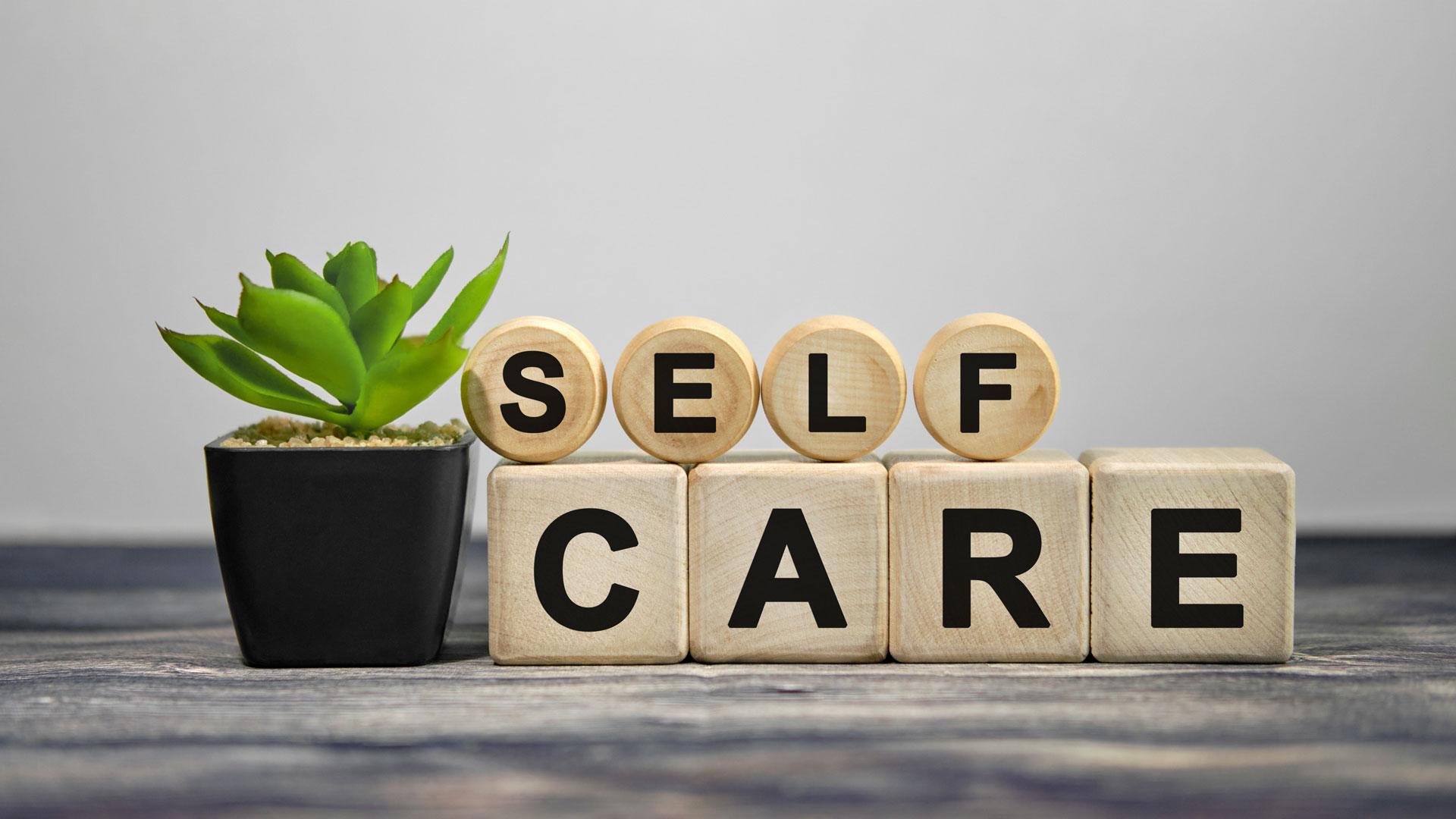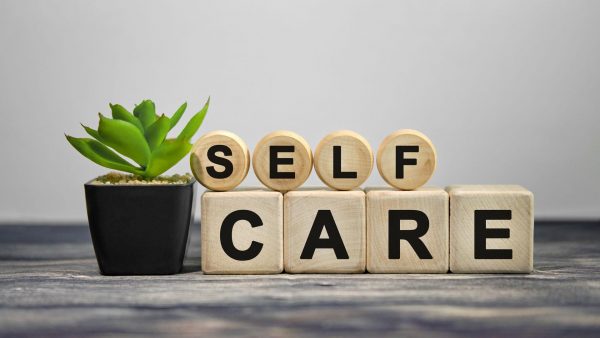In the hustle and bustle of daily life, taking care of yourself is essential, but the misconception that self-care requires significant spending is far from the truth. In Nigeria, where budget-conscious living is a norm, practising self-care doesn’t have to break the bank. Here are some simple and cost-effective ways to prioritize your well-being without straining your wallet.
Read more about Wellness
-
Cultivate a Relaxing Home Environment
Your home can be a haven of tranquillity. Arrange a cosy corner with cushions, and light-scented candles, or play soothing music. Creating a serene space at home is an affordable way to unwind.
-
Embrace Nature Walks
Nigeria boasts beautiful natural landscapes. Take advantage of this by going on nature walks. Whether it’s a nearby park or a scenic trail, spending time outdoors is a refreshing form of self-care that costs little to nothing.
-
DIY Spa Day
Pampering yourself doesn’t require an expensive spa visit. Create a DIY spa day at home with homemade face masks, relaxing baths, and soothing music. Affordable, everyday items can turn your bathroom into a rejuvenating spa retreat.
-
Explore Low-Cost Fitness Options
Physical activity is vital for well-being. Instead of pricey gym memberships, consider free or low-cost options like jogging, yoga at home, or joining local community fitness groups. Exercise doesn’t have to strain your budget.
-
Connect with Loved Ones
Social connections contribute to emotional well-being. Arrange a low-cost gathering with friends or family for a simple meal or a picnic. Quality time spent with loved ones is a valuable form of self-care.
-
Learn Mindfulness and Meditation
Practices like mindfulness and meditation are accessible tools for stress relief. Numerous free resources, including online guides and apps, can help you incorporate these practices into your daily routine without spending a dime.
Sign up for the Connect Nigeria daily newsletter
-
Engage in Hobbies
Pursuing hobbies is a fulfilling way to practice self-care. Whether it’s reading, painting, or playing a musical instrument, hobbies offer a budget-friendly escape and a sense of accomplishment.
-
Prioritize Sleep Hygiene
Quality sleep is crucial for well-being. Establishing good sleep hygiene, such as maintaining a consistent sleep schedule and creating a comfortable sleep environment, is a cost-free investment in your health.
-
Utilize Affordable Mental Health Resources
Mental health is an integral part of self-care. In Nigeria, there are often community-based mental health resources or affordable counselling services that can provide support without straining your budget.
-
Practice Gratitude
Cultivating gratitude is a simple yet powerful form of self-care. Take a few moments each day to reflect on the positive aspects of your life. Gratitude costs nothing but can significantly impact your overall well-being.
-
Enjoy Low-Cost Cultural Activities
Nigeria is rich in cultural experiences. Attend local events, explore museums, or participate in community celebrations. These activities offer a chance to unwind and connect with your surroundings at minimal or no cost.
-
Set Realistic Goals
Establishing achievable self-care goals within your budget is essential. Whether it’s saving a small amount for a treat or planning a budget-friendly outing, setting realistic goals ensures you can consistently prioritize your well-being without financial strain.
Register to attend the CN Business Mixer
Final Thoughts
Practising self-care on a budget in Nigeria involves embracing simplicity and resourcefulness. By incorporating these cost-effective strategies into your routine, you can nurture your well-being without compromising your financial stability. Remember, the essence of self-care is about prioritizing yourself in ways that align with your values and circumstances.
Got a suggestion? Contact us: [email protected]


